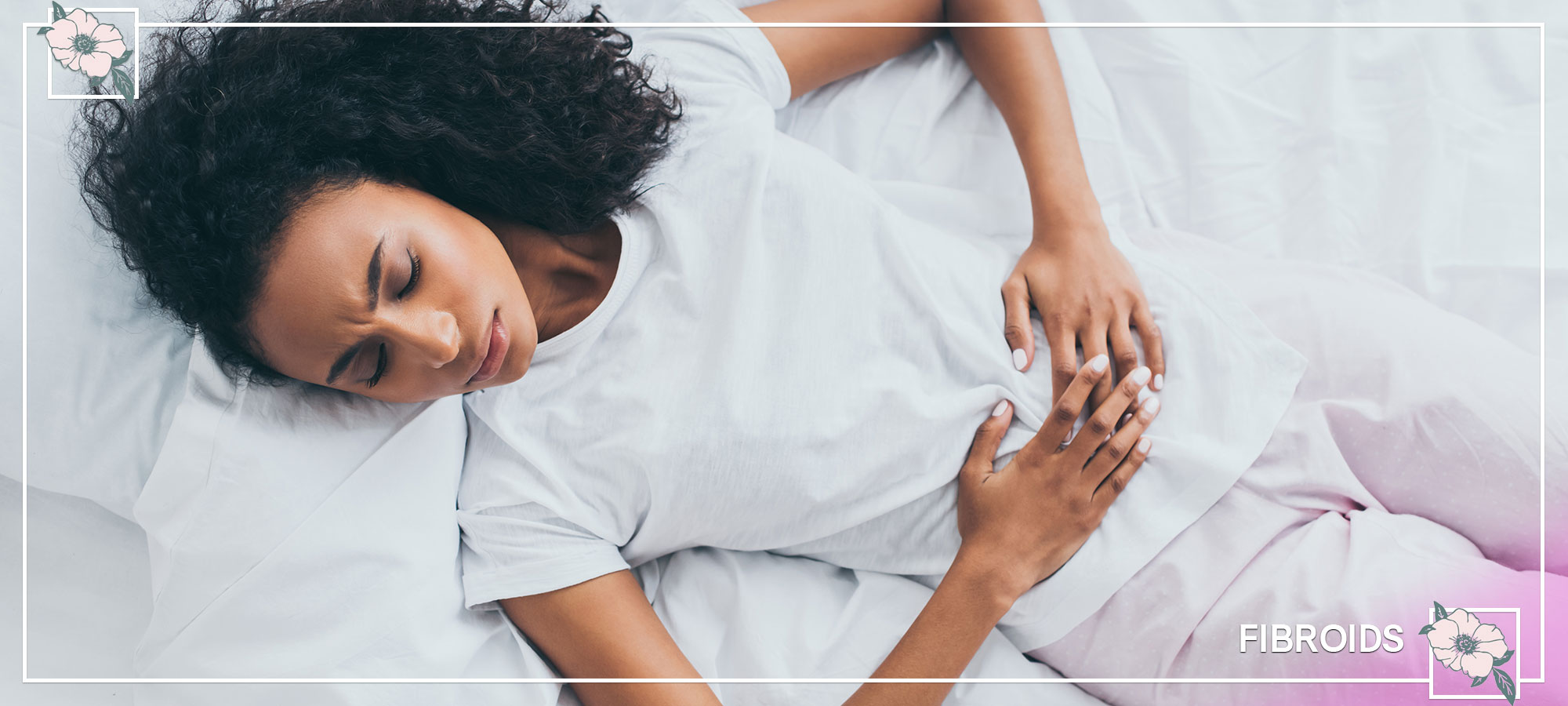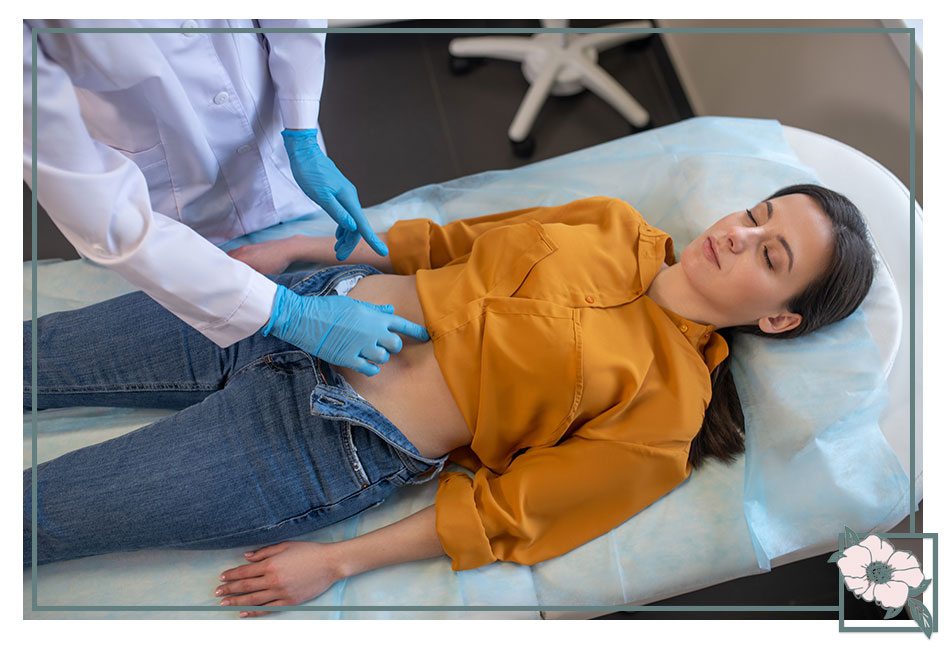
Fibroids
Southern Crescent Women’s HealthCare

Uterine fibroids may not cause you any problems at all, and you might very well be oblivious to their presence, but for some women, they present a more serious issue. The highly qualified multidisciplinary obstetrics and gynecology team at Southern Crescent Women’s HealthCare in Fayetteville, Newnan, and Stockbridge, Georgia provides expert diagnosis and treatment for women with symptoms of fibroids. If you have any gynecological symptoms, or you just need a well-woman exam, call the clinic today or book an appointment online.
Fibroids Q & A
What are uterine fibroids?
Uterine fibroids are growths in or on the uterus that are usually benign. Fibroids vary enormously in size and shape, so you could have one large fibroid, many small ones, or a mix of sizes. They can form inside or outside the uterus or within the uterine walls, either directly or suspended by a stem. Fibroids can grow slowly or rapidly; sometimes they start off slowly and suddenly start growing much more quickly.
What are the symptoms of fibroids?
Fibroids often cause no symptoms at all and are only found during a routine exam. If they do cause symptoms, these can include:
- Heavier periods
- Longer or more frequent periods
- Painful menstruation
- Bleeding between periods
- Anemia due to excessive bleeding
- Pain in the lower back and abdomen
- Painful intercourse
- Urination problems
- Constipation
- Pain in the rectum or when moving the bowels
- Swollen abdomen
- Miscarriage
- Infertility
Fibroids aren’t a leading cause of infertility but may stop you from conceiving, so if you’re having trouble getting pregnant, see a provider at Southern Crescent Women’s HealthCare to rule out fibroids.
How are fibroids diagnosed?
There are several diagnostic tests your provider can use to confirm the presence of fibroids, including:
- Ultrasonography
- Hysteroscopy
- Hysterosalpingography
- Sonohysterography
- Laparoscopy
Southern Crescent Women’s HealthCare has state-of-the-art ultrasound facilities at all its clinics.
What treatments are available for fibroids?
If the fibroids aren’t causing any symptoms, your provider may suggest leaving them and monitoring them to see if they change over time. Medications may be appropriate for some patients to reduce the pain and heavy bleeding during menstruation. Options include:
- Birth control pills
- Other methods of hormonal birth control
- Gonadotropin-releasing hormone (GnRH) agonists
- Progestin-releasing intrauterine device (IUD)
There are also procedures your practitioner may recommend if they would benefit your case:
- MRI-guided ultrasound surgery: Destroys fibroids using ultrasound waves
- Hysteroscopy: Destroys fibroids using electricity or a laser
- Uterine artery embolization (UAE): Injections to cut off blood supply to fibroids
Some patients may require surgery. A myomectomy involves removing the fibroids but leaving the uterus, whereas a hysterectomy involves removing the uterus and possibly the ovaries as well.
Several members of the team at Southern Crescent Women’s HealthCare are also highly skilled in robotically assisted surgical methods, which they’d be happy to discuss with you at your consultation.
If you have any gynecological symptoms, or you’d just like a checkup to put your mind at rest, call the clinic today or book an appointment online.

